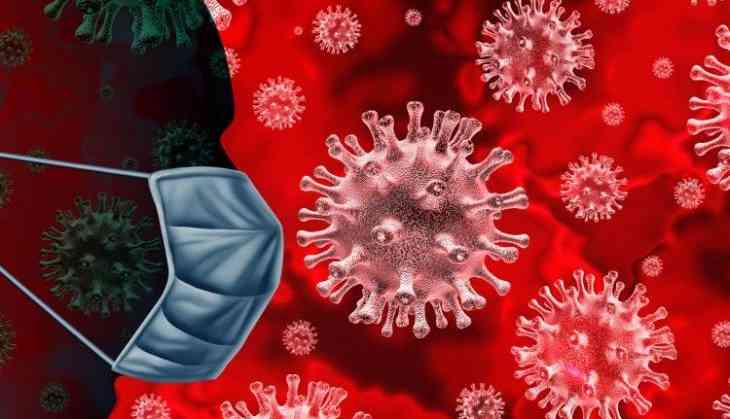
A new analysis of coronavirus patients admitted in the quarantine ward of a Mumbai hospital, and three families who tested positive for the Covid-19, has discovered that men test positive for the virus for a longer period of time than women. The study doesn’t mention if men also remain symptomatic for a longer period.
The not-yet published paper uploaded in MedRxiv, a preprint server for health research paper, put forward that high expression of ACE2 (an enzyme the Sars-CoV-2 uses ti enter the body) in the testes raises the feasibility that testicular viral reservoirs may be key in viral persistent among male patients.
The analysis was performed by 10 scientists from the Kasturba Hospital for Infectious Deseases, Mumbai, Montefiore Medical Center and Albert Einstein College of Medicine, New York; Department of Microbiology, Topiwala National Medical College and BYL Nair Charitable Hospital, Mumbai, brought in 68 patients -- 48 men and 20 women, with a median age of 35 -- admitted to Kasturba Hospital with infectious diseases. seven members of three families tested positive.
Samples collected at the time of diagnosis were tested using the Reverse Transcriptase-Polymerase Chain Reaction (RT-PCR) technique and subsequent samples were gathered at roughly 48 hours interval until they tested negative. The first time for testing negative for male patient was 6 days, in contrast to four days for female, the study stated.
“ACE2 was determined to be highly expressed in testicular cells at the protein levels. Interestingly, very little expression of ACE2 was seen in ovarian tissue. Taken together, these observations demonstrate for the first time that male subjects have delayed viral clearance of Sars-CoV-2 (the virus that cause Covid-19). High expression of ACE2 in testes raises the possibility that testicular viral reservoirs may play a role in viral persistence in males,” the paper concluded.
To be definite, the theory is still to be ratified.
“It is true that ACE2 receptors are present in the testicular cells and the virus may be binding there and staying for a longer time. But this is the only paper which is saying this could be the reason. At the moment, we cannot generalise,” said Dr Shobha Broor, the former head of the All India Institute of Medical Sciences, department of virology, who has read the paper.
Also Read: Coronavirus: Police officer infected with Covid-19 dies in Indore's Sri Aurobindo Hospital


